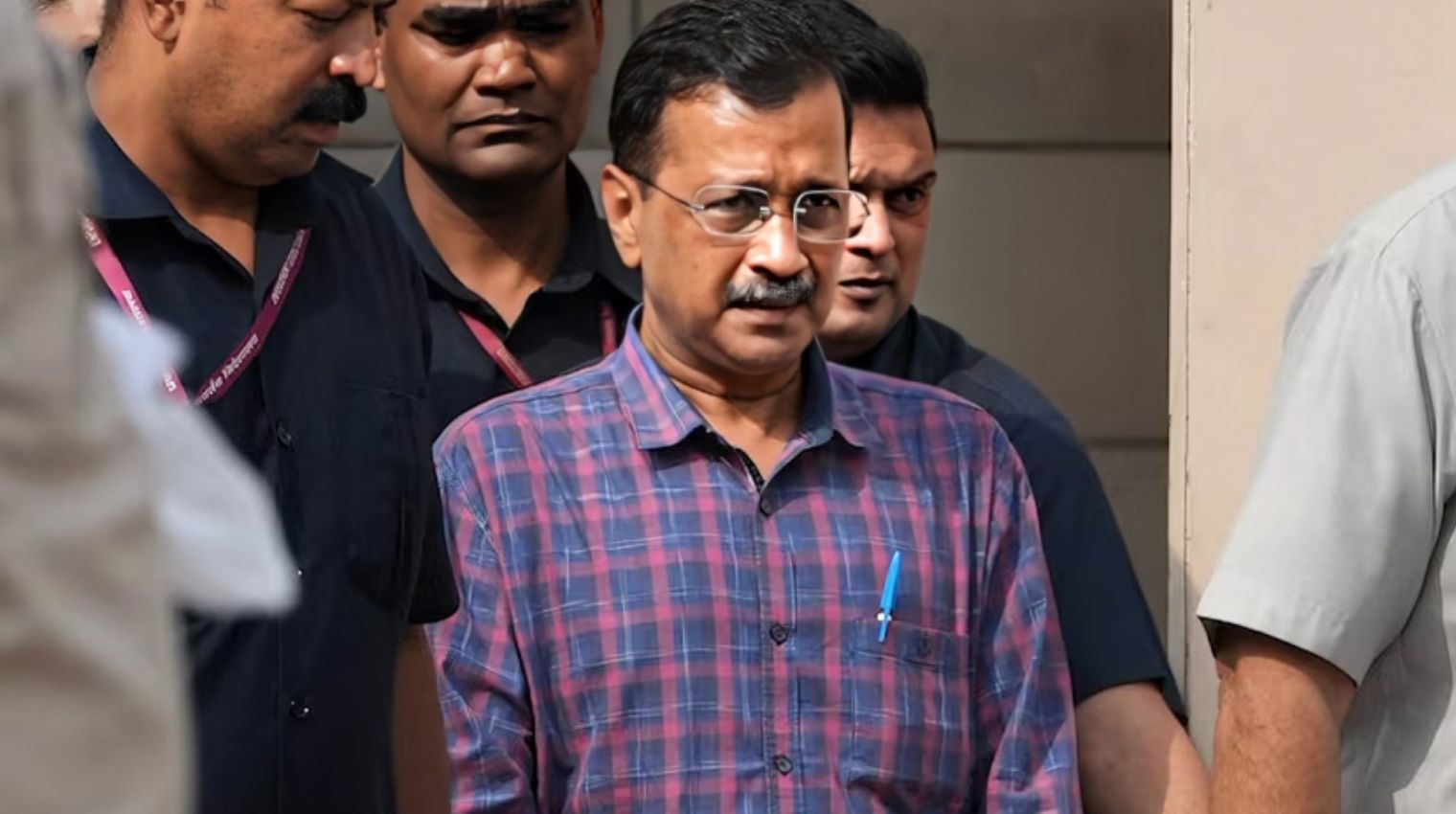The Supreme Court is expected to deliver its decision on the request for interim bail for Delhi Chief Minister Arvind Kejriwal, who was arrested by the Enforcement Directorate (ED) in March in connection with a money laundering case related to the now-defunct Delhi liquor policy.
Kejriwal’s plea challenges his arrest in the Delhi liquor policy case and the subsequent plea for interim bail to allow him to participate in campaigning for the ongoing Lok Sabha elections. He is currently in Delhi’s Tihar Jail, with his judicial custody extended until May 20 by a court on Tuesday.
The ED has opposed Kejriwal’s interim bail request, stating in an affidavit to the Supreme Court that the right to campaign for elections is not a fundamental right. The agency mentioned that no political leader has been granted interim bail for campaigning without being a contesting candidate.
Criticism was directed at Kejriwal for seeking interim bail, with the ED highlighting that he had previously used the same excuse to avoid summons by citing elections in five states.
The ED is also preparing to file its initial chargesheet against Kejriwal in the liquor policy case, marking the first time he will be named as an accused in the matter.
Kejriwal’s legal team objected to the ED’s affidavit opposing his interim bail plea, stating that a formal complaint had been lodged with the Supreme Court’s registry. They criticized the affidavit as a violation of legal procedures, submitted without the Supreme Court’s approval and issued when the matter was already scheduled for a final decision on Friday.
Kejriwal was taken into custody by the Enforcement Directorate in connection with the Delhi liquor policy case at his official residence on March 21st. The central investigative agency accused him of being the mastermind of the ‘scam’ and actively participating in soliciting kickbacks from liquor barons.

